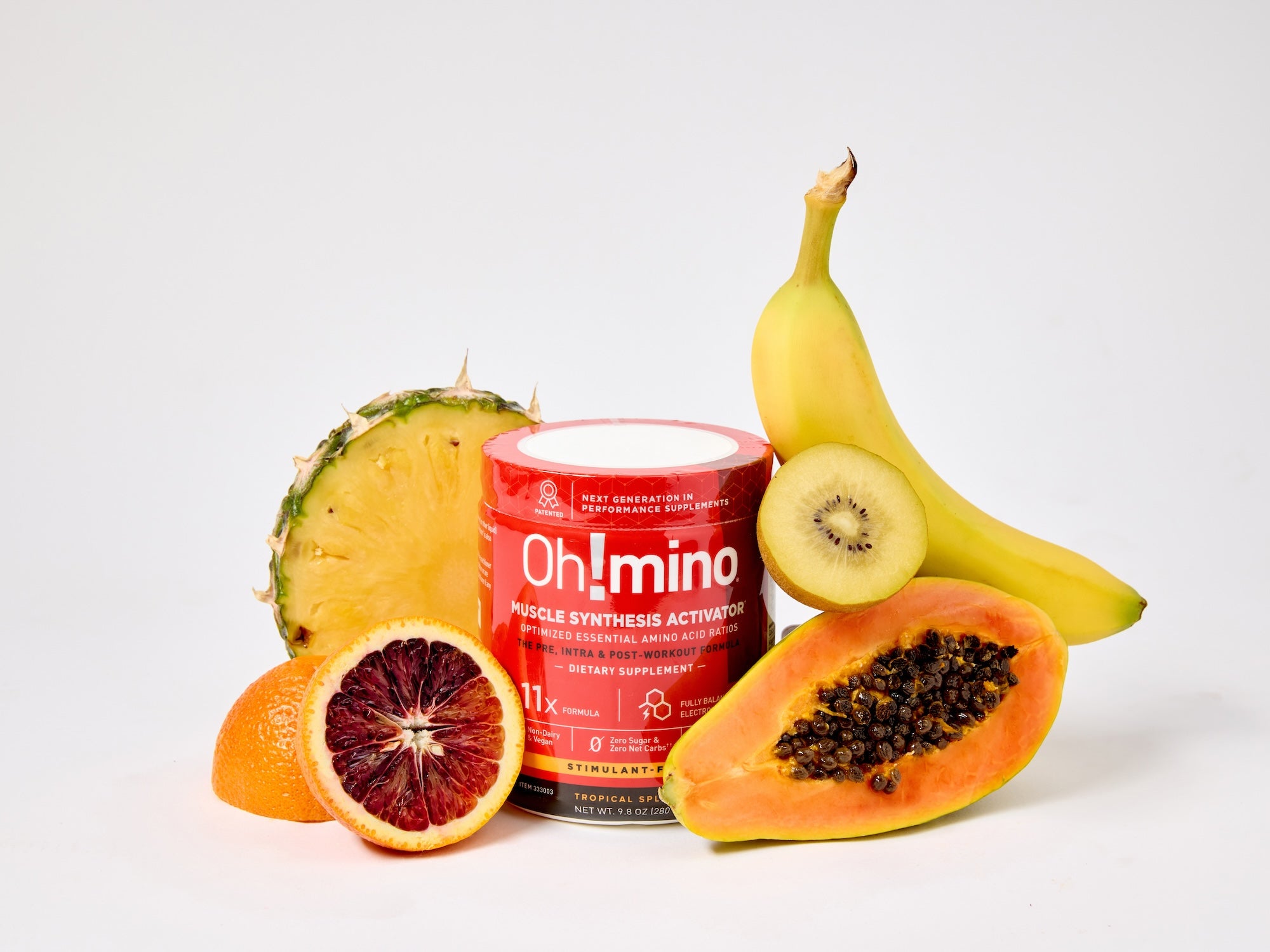Bodybuilding and plant-based diets may initially appear incompatible. Traditional bodybuilding diets often rely on animal-based proteins such as lean meats, eggs, and dairy. However, an increasing number of athletes and fitness enthusiasts are discovering that building muscle and achieving a competitive physique is entirely possible on a vegan diet. This informative guide explores the essentials of vegan bodybuilding and provides practical advice on effectively building muscle on a plant-based diet.
The Foundations of Vegan Bodybuilding
Regardless of dietary preference, bodybuilding revolves around three key factors: resistance training, adequate protein intake, and a caloric surplus. Resistance training creates microdamage in muscle tissues, which then repair and grow larger and stronger during recovery periods. Consuming sufficient protein is crucial for this repair and growth process, while a caloric surplus ensures the extra energy required to build new muscle tissue.
Vegan bodybuilding follows these same principles, but with all nutritional needs met through plant-based sources. While there are common misconceptions about plant-based diets, such as the belief that they lack protein, careful planning and knowledge can provide all the necessary nutrients for bodybuilding.
Protein and Vegan Bodybuilding
Protein is a vital macronutrient for muscle growth, as the amino acids comprising proteins serve as the building blocks for muscle tissue. While animal-based proteins are complete, containing all essential amino acids, many plant-based proteins are not. However, this does not mean that vegans cannot obtain all the necessary amino acids. By consuming a variety of plant-based proteins throughout the day, vegans can meet their bodies' requirements.
There are numerous high-protein vegan foods suitable for bodybuilding, including lentils, chickpeas, tofu, tempeh, seitan, quinoa, and various legumes. Additionally, protein powders made from pea, rice, or hemp can help boost protein intake, particularly around workout sessions.
Other Nutritional Considerations
In addition to protein, vegan bodybuilders need to pay attention to other nutrients. Certain nutrients, such as vitamin B12, iron, calcium, iodine, and omega-3 fatty acids, are predominantly found in animal products. Vegans may need to consume fortified foods or supplements to meet these needs.
Caloric intake is also crucial for vegan bodybuilders. Plant-based foods tend to be less calorie-dense than animal-based foods, so vegans may need to consume larger volumes of food or focus on more calorie-dense plant foods, such as avocados, nuts, seeds, and whole grains, to achieve a caloric surplus.
Practical Tips for Vegan Bodybuilding
-
Diversify your protein sources: Ensure a balanced intake of all essential amino acids by including a variety of plant-based proteins in your diet.
-
Use supplements wisely: Consider incorporating vegan protein powders, especially around workouts, to meet your protein needs. Additionally, supplements for nutrients that can be challenging to obtain on a vegan diet, such as B12 and omega-3s, may be beneficial.
-
Monitor your caloric intake: Ensure you consume enough calories to support muscle growth. If you struggle to eat enough, try incorporating more calorie-dense plant foods into your meals.
-
Don't forget about recovery: Muscle growth occurs during recovery periods, not just during workouts. Ensure you get enough sleep and rest days to allow your muscles to repair and grow.
In conclusion, vegan bodybuilding is not only possible but can also be a healthy and sustainable approach to achieving your fitness goals. The provided sample meal plan offers an ample amount of protein and calories to support muscle growth and recovery. It is essential to note that individual caloric and nutrient needs may vary based on body size, activity level, and specific fitness goals.
Stay fit my friend,
Michael
Founder


